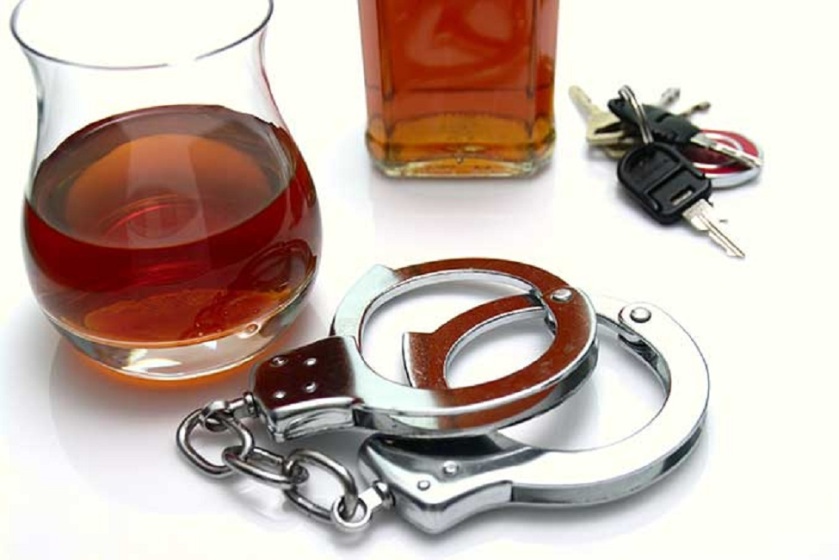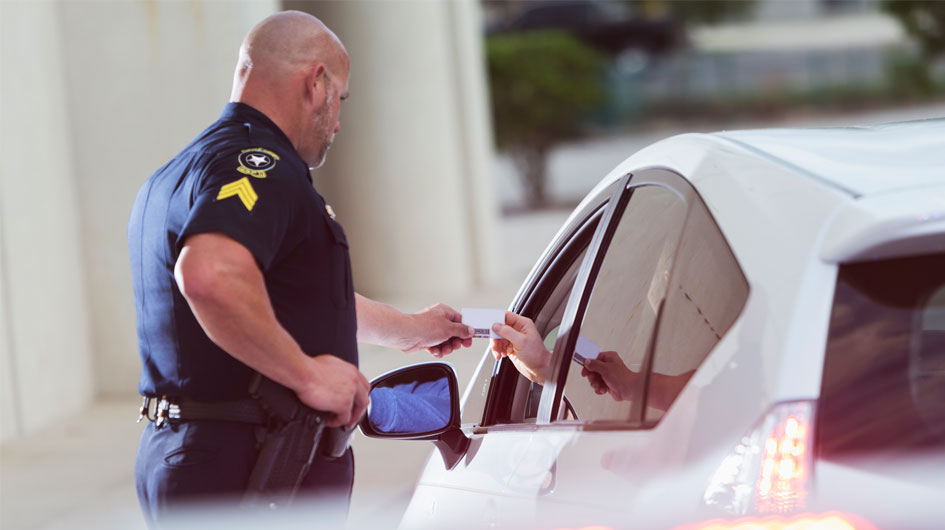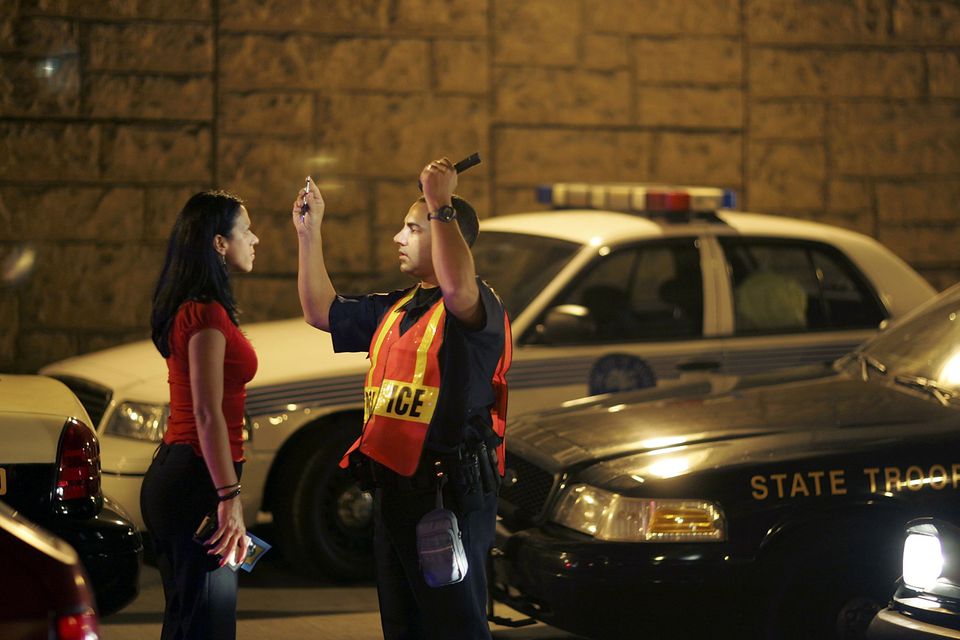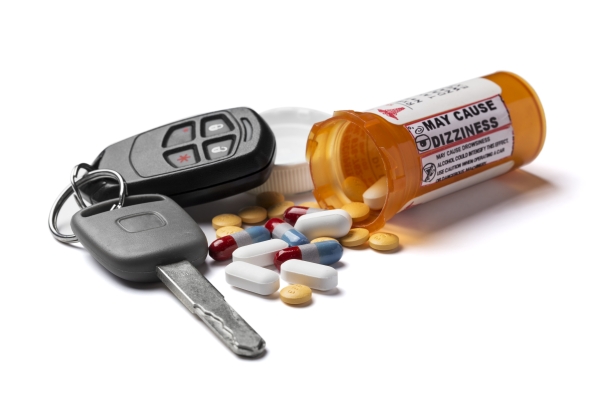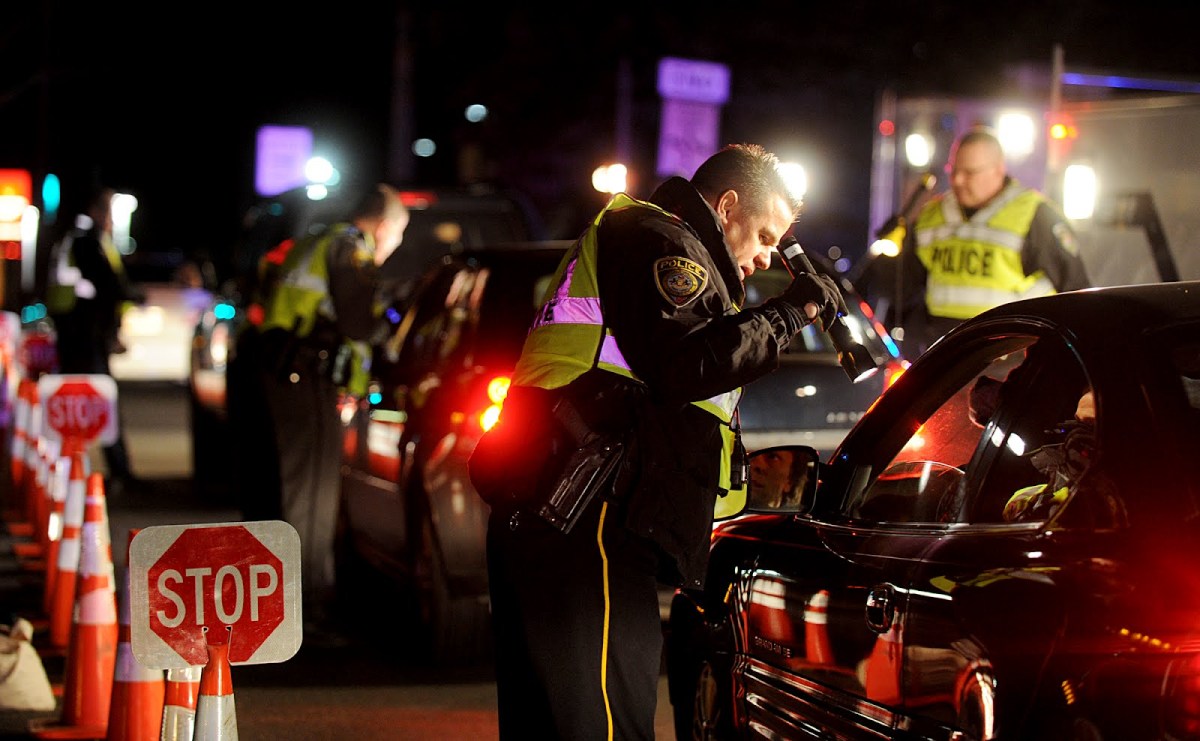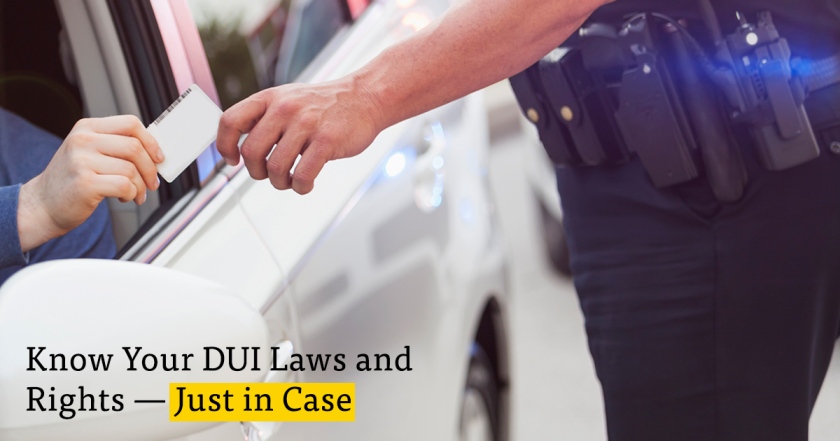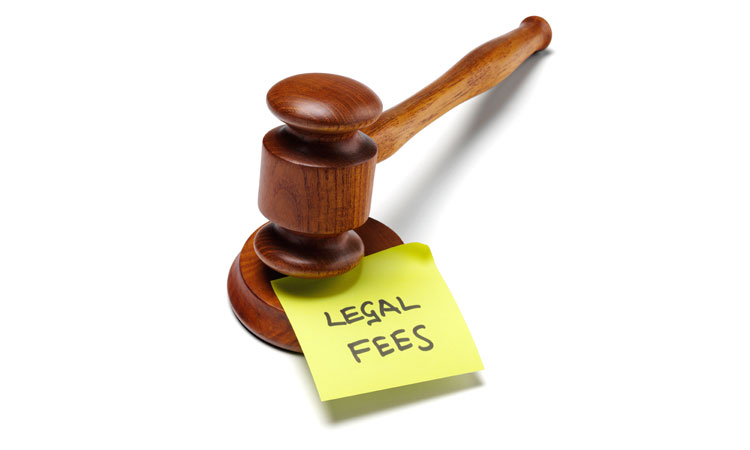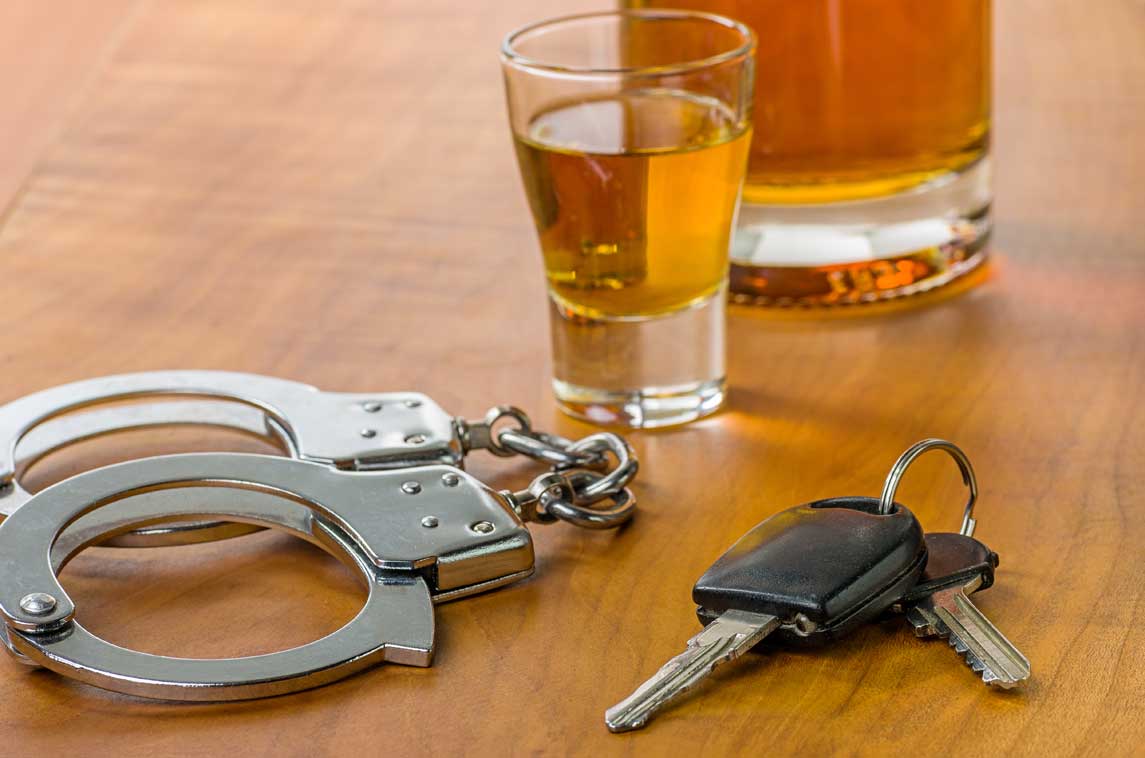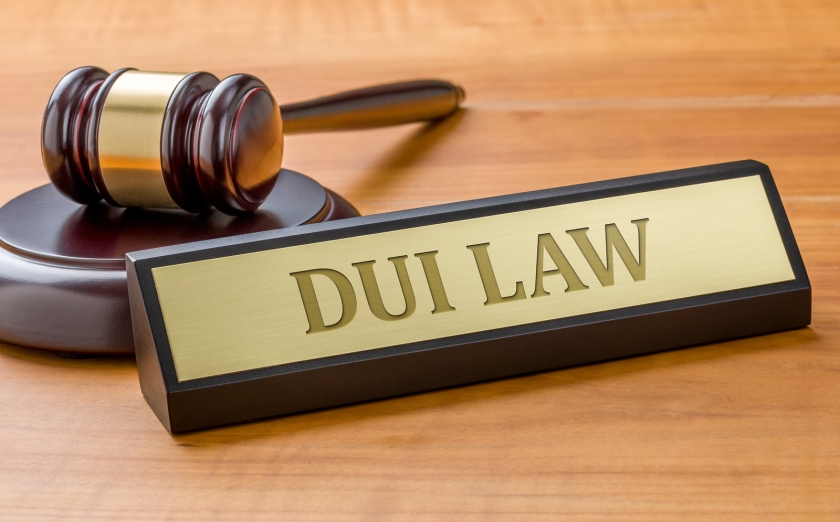If you drink and drive, no matter how conservatively, there is a real possibility that you could be stopped, arrested, and convicted of drunk driving. First, most people do not realize how few drinks it takes to exceed the legal standard of 0.08% blood alcohol content (BAC). For the average sized person, three or four drinks could easily place them in the “drunk-driver” category as per Oren Atias (an expert DUI lawyer in Newport Beach). However, based solely on a police officer’s claim that you were “impaired,” even though your BAC was below the legal threshold, you can be convicted as a drunk driver. The only additional evidence needed would be proof of some measurable amount of alcohol in your system.
How do you avoid being caught up in a DUI nightmare? Well, you could avoid drinking and driving altogether. That means no beer after the ball game, no wine with your meal, no drinking at holiday parties, sticking to soft drinks at wedding receptions, no meeting your friends after work for a drink and socializing. You get the picture. However, if you choose to drink and drive, there are a number of things you can do to lessen the likelihood of being stopped and charged with a drunk-driving violation.
Your Vehicle
Police officers need probable cause to make a traffic stop. That cause could be a traffic violation, an observable defect in the vehicle’s safety equipment, or a driving maneuver that can indicate that the driver may be intoxicated. (Note: Early development of a roadside laser technology is being touted as a means for law enforcement to determine alcohol content in the cabin of a vehicle as it passes by.
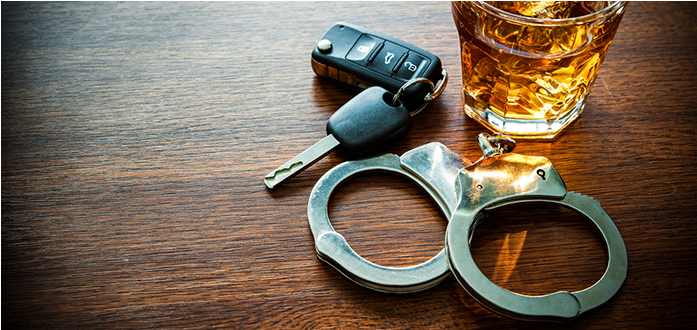
If the courts agree, this may constitute probable cause without any physical signs by driver or vehicle that point to safety concerns. Truly Big Brotherish.) If given the choice, law enforcement will stop vehicles with the most obvious violations or defects. Speeding, failing to use signals, rolling through a stop sign, or driving with burned-out lights are common justifications for stopping a motorist. Most of these are controllable items or situations.
For example, once every two or three weeks turn on all the lights on your vehicles(s). Check both headlight beams, taillights, clearance lights, brake lights and turn signals. And don’t forget the license plate light (this is a favorite!) Your headlights should be properly aimed, also. Make sure your license plates are properly affixed and readable.
Inspection and registration stickers should be current and legible. A bad or expired sticker is a flashing red light saying, “pull me over now.”
Darkly tinted windows, loud exhaust pipes, broken lenses, unrepaired body damage and cracked windows all serve as the necessary excuse to stop a vehicle.
If the vehicle you are driving is registered in the name of someone who has been convicted of drunk driving it would be wise to not drink and drive in that vehicle. Police officers spend large amounts of time riding around reading license plate numbers into a central computer. When they find a vehicle licensed to someone convicted of drunk driving, especially late at night, they will always find an excuse to pull that car over.
Related: DUI of Drugs Orange County
Traffic Laws
Obviously, violating traffic laws is a good way to attract the attention of police officers. At the same time, driving below an already under posted speed limit, signaling a turn a half a mile before turning or not taking your turn at a stop sign will also attract attention. It is virtually impossible to drive more than a mile or two without violating some arcane traffic law. If you have the option of pulling into a parking lot or otherwise avoid having a patrol car follow you for a long distance there will be less likelihood of being stopped for a traffic violation. Making sure to wear your seat belt is one way to convey an aura of “safety.”
Driving Time And Place
The chances of being stopped under a variety of pretenses at “bar time” are fairly high. However, the police are also attuned to special events like festivals, sports contests, large wedding receptions, church picnics and company parties. Enforcement may be intensified in these environments. If you are moving with traffic and your vehicle is well maintained and not “standing out” for any reason, you are much more likely not to be stopped for enforcement purposes.
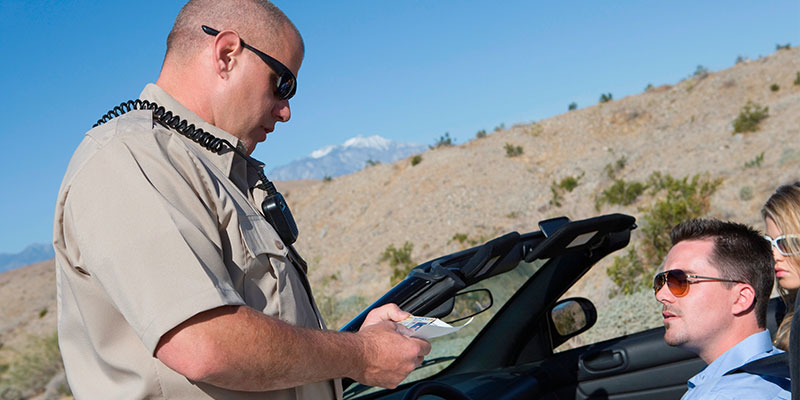
If you have alternative routes that you can take to your destination, particularly in the later evening, that avoid those areas with the largest concentrations of taverns, bars and nightclubs, you will also be avoiding the largest concentration of enforcement activity. Taking the longer, less traveled route may turn out to be a short cut in the long run!
You’ve Been Stopped, Now What?
Despite your best efforts, a just-burned-out headlight has given a police officer an excuse to stop you. Under other circumstances you might welcome being told about your failed headlight before you left the lighted city streets. But you have been drinking, not in excess, but drinking nevertheless. What should you do?
First, always keep documents like your registration and insurance card in a readily accessible location. You do not want to have to fish through your glove box, or worse, to not find these documents when you need them. When the blue lights go on, find a safe place to pull over, always on the right side of the road whenever possible. Next, turn your dome light on and place both your hands on the steering wheel where the police officer can see them. This makes him more comfortable about his safety and conveys a sense of personal control on your part. If the opportunity presents itself, it’s best to roll down your window and vent the passenger compartment of accumulated odors prior to actually stopping.
Be courteous, but admit to nothing. This cannot be emphasized enough. During the stress of a traffic stop, many motorists become overly friendly and talkative as a means to relieve anxiety. Resist the urge. You are under no obligation to provide the officer with any information beyond that on your driver’s license, vehicle registration, or proof of insurance.
Any admission, however inconsequential, will be used against you. A response like “Officer, I just had one glass of wine with dinner” provides the officer with cause to investigate the matter further. Without that admission he must base his decision to pursue a DUI arrest on your driving, or mannerisms after that stop.
According to
Oren Atias, if the officer asks if you have been drinking return his question with a question such as, “would you like to see my license?” or “why do you ask?” A burned-out headlight is not an indication of impairment and neither is a refusal to chitchat about your night’s events. Even if you have been drinking, you do not need to admit it or specify your activities in detail. “I have nothing to say on that,” is a good neutral response.
If the officer decides to continue his investigation, he may ask you to step out of your vehicle, which the courts say is permissible. He may ask you to perform certain physical tests, “just to prove you’re capable of driving safely.” These tests can include walking a straight line or touching your finger tip to your nose starting from an outstretched arms position or reciting the alphabet backwards. Politely decline. You are not required to perform these tests and there is no penalty for refusal.
The ONLY reason these tests are given is to give the officer justification to require you to take a chemical test (breath, blood or urine) to determine your BAC. Few ever “pass” one of these roadside sobriety tests, not even the most sober of drivers. Don’t argue, be belligerent, or tell the officer about your third cousin who is a cop. Politely refuse the physical tests. The requirements of taking a chemical test vary from state to state, are more complicated, and can have serious consequences.
Most states do require a driver to submit to a chemical test, or face severe penalties including a driver’s license suspension of several months and even potential jail time for multiple instances of refusal. Many now allow a refusal to take a chemical sobriety test to be used as evidence against you in a trial. DUI attorneys are divided on whether to provide consent for a breathalyzer, blood, or urine test. On one hand, refusal can lead to an automatic administrative suspension of your license to operate a vehicle and even a criminal charge with penalties approaching those of a DUI charge. On the other, the lack of test results makes the DUI case against you more difficult to prove.
From DUI.findlaw.com (as of July 2014):
Under “implied consent” laws in all states, when they apply for a driver’s license, motorists give consent to field sobriety tests and chemical tests to determine impairment. Should a driver refuse to submit to testing when an officer has reasonable suspicion that the driver is under the influence, the driver risks automatic license suspension along with possible further penalties.
Consequences for breathalyzer refusal vary by state, which may explain the wide variance in statewide refusal rates, but most state impose an automatic six- or twelve-month driver’s license suspension upon refusal of a BAC test. Suspensions usually increase for a refusing motorist with past DUI convictions, sometimes including jail time. License suspension following a refusal may also cause your car insurance company to cancel your policy. In many states, if the driver is found guilty of DUI, having refused the breathalyzer can result in enhanced penalties.
Here is a sample of state DUI laws with respect to breathalyzer test refusal:
California: Can result in a citation for refusing a chemical BAC test; consenting to a blood draw after initially refusing a breathalyzer exempts the suspect from a refusal charge
New York: Automatic six-month license suspension plus a possible $500 fine
Massachusetts: Six-month automatic license suspension, but refusal cannot be used to imply guilt in a DUI case; lifetime suspension for refusal after three prior DUI offenses
Ohio: Mandatory minimum six-day jail sentence or three days in jail plus a 72-hour driver intervention program, and a fine, for those with a prior DUI conviction (20-day sentence if it’s the second DUI charge in six years)
There have been instances where the police have obtained a roadside warrant to have a chemical BAC test administered without the driver’s approval. While you may have no choice in that circumstance, always be aware of the actions of the officer and careful of what you say. If the officer has not informed you of “implied consent” – notification to the driver of what may happen upon refusal to take the chemical test – or produced a warrant authorizing the test, that may provide justification to rule the subsequent test results as inadmissible in court.
If you are not “impaired,” it is usually advantageous to you to have the traffic stop recorded on a video camera. Many police cars are equipped with video cameras for just this purpose. However, officers will sometimes avoid turning the camera on if they think the resulting documentation will detract from the possibility of a conviction. Ask the officer if his car has a video camera and if he has it turned on. If he does not have the camera turned on and you believe it would be helpful to your defense, ask him to turn it on so the stop is recorded.
This sends a message that you are not afraid to have your mannerisms and demeanor judged by an impartial judge or jury. It’s very difficult for a police officer to claim your “speech was slurred” or that you were “staggering” when a video shows a composed articulate defendant being interrogated roadside by a uniformed, gun-toting agent of the law.
The officer is free to look into your vehicle, but only from the exterior, unless he requests to search your vehicle. NEVER voluntarily permit a search of your vehicle. To search your car, depending on the jurisdiction, an officer must have probable cause or at least reasonable suspicion, a suspicion he must be able to explain in terms of what he is looking for and why he believes he will find this specific illegal item in your vehicle. There is absolutely no good that can come to you by voluntarily allowing the police to search your vehicle. The standard police response to “No you can’t search,” is “If you have nothing to hide, you would let me search.” Verbal ju-jitsu is taught at the Academy; if he had probable cause, or you were already under arrest, he’d search without asking.
Despite all evidence to the contrary, if the officer decides a chemical test is justified you typically have three choices of test procedures: breathalyzer, urine test, or blood test. Frequently, the police will use a breathalyzer test for the initial screening. However, you are sometimes afforded the option of taking one of the other two tests, at your request.
A breathalyzer test is the most inaccurate means of measuring your BAC. Without going into great detail, it should be understood that the error factor can be very high. Some states have agreed that breathalyzer tests are not trustworthy and therefore limit their use in court. That said, if a breathalyzer test generates a reading that confirms your BAC is less than 0.08, you should be free to leave.
The consequences of a DUI conviction can be so severe that securing the services of an experienced attorney could help you take advantage of many factors in the case, including the challenge of questionable breath test results.
A legitimate police stop for a suspected drunk-driving incident should not have to rely on trick questions, sensing devices, or gimmicks to justify a chemical test of the driver. The driver’s lack of control of the vehicle, his inability to reasonably react to questions and requests, and his physical reactions will be a dead give-away of his impaired condition.
Unfortunately, the government, certain commercial interests, and self-serving organizations have institutionalized a negative stereotype of anyone who drinks and drives, no matter how responsibly. By labeling virtually all drivers who drink and drive as “drunk drivers,” they have created a situation where responsible and constructive citizens are at risk of suffering huge fines, exorbitant insurance charges, loss of driving licenses, confiscation of personal property, and even incarceration, all for the singular act of violating an arbitrary BAC standard that doesn’t always signal impairment.
Originally published at: https://www.motorists.org/
